Sibling Conflict Solutions
In parent coach training, Connected Families taught us a vital skill in resolving conflict called the “Peace Process”. In the training, we learned how to resolve sibling conflict, an issue that affects almost every family with more than one child. Exploring this issue deeper, I’ve learned that sibling conflict can actually be a good thing. First, it serves a developmental purpose. In early and middle childhood, kids are learning what is unique and special about themselves while also seeking the preferred interest of their parents. When something threatens this, it of course is upsetting and the immature brain will find someone to blame. So when two sisters are fighting over a doll, it’s very rarely about the doll. Something is going on deeper that comes out as conflict over the doll.
When we address the BEHAVIOR (“quit fighting over that doll! You want one? Ask for one for Christmas! Hey, you can get it for 15 minutes and then your sister can get it for 15 minutes”) it only solves a temporary problem.
If kids are seeking both how they are unique and also trying to seek favor of a parent, we must go a different way. The Peace Process addresses this by understanding each other’s desires and wishes and learning what’s the most important thing for the other and solving the problem.
STEP ONE: CALM DOWN. Our brains need time and space to calm down. This is why immediate obedience and forced apologies do no good. When the brain is in fight or flight, it cannot reason. True repentance takes a reasoning skill. This happens when the brain is calm. Some good calm down strategies include a weighted blanket, a walk, a cup of tea with an audiobook, an art project, or cuddling with a pet.
STEP TWO: UNDERSTAND. We do this by “loving listening”. Each sibling shares from their perspective what happened, and why they are hurt. As parents, we guide our kids to make sure each party is able to fully express from their viewpoint without attacking the other. To do this, we teach our kids how to use “I” statements instead of “you” statements. For example: “When this happened I felt sad, hurt, embarrassed.” instead of “You made me mad!” We then help our kids identify what it is that is so important to them. A fight over a doll could be that they want to be seen as someone who gives care. Name calling could be a sign of insecurity. Annoying behavior is most always a sign of the child needing a deep connection. Once one sibling has said everything they can say, the other sibling repeats what they were upset about, names and validates that emotion, and leads with understanding. Then they can share.
STEP THREE: SOLVE THE PROBLEM…TOGETHER. Now that both children feel understood, it’s time to problem solve. What steps need to be taken to ensure everyone gets at least a little of what they want and what’s important to them? Remember, win+lose=everyone loses. We want to make sure both win a little. This builds trust and relationship over time. Another thing to keep in mind is instead of a quick apology, we need to help our kids learn how to make it right. If we hurt with our hands, we find a way to serve with our hands. If we hurt with our words we find 4 things to say that are true and kind.
STEP FOUR: CELEBRATE! A lot of times this step is left out…don’t leave it out! “Focus is fertilizer”, meaning what we focus on grows. So, find a way to celebrate that your kids worked something out! Ideas include building a fort and watching a movie together in it, playing a video game together, putting together a puzzle, baking cookies together, taking a picture of them working it out and framing it to remember, etc! Have fun and be creative with this step. Working out conflict is a skill many adults do not understand…when we ask kids to make things right with each other, we are asking for a big deal!
Teaching our kids conflict resolution skills when they are young will only serve the family and children for the rest of their lives.
Would you like help learning how to teach kids the values and skills needed for a life well lived? Or what about you? Feeling the need to learn skills for navigating conflict in relationships? In coaching we work through the conflict cycle and learn how to have those difficult conversations. Book a consult or a session here.
A great online course that goes into depth is Connected Families Sibling Conflict Course. Check it out!
